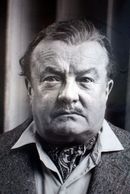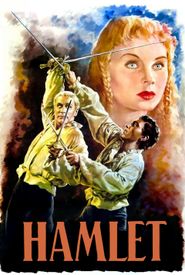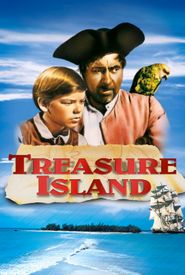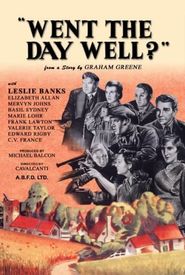Basil Sydney, the son of a stage manager, embarked on an acting career in 1909, which was temporarily interrupted by the outbreak of World War I. During the war, he served with the Norfolk Regiment in the British Army. In the early 1920s, Basil established himself as a matinée idol on the London stage.
His film debut occurred on the other side of the Atlantic in the silent feature Romance (1920),based on a play by Edward Sheldon. He co-starred with the prominent American Broadway star Doris Keane, whom he had previously appeared with in the theatrical performance of the play five years prior and subsequently married.
Basil's rapid rise in his second screen outing, the comedy Red Hot Romance (1922),led him to decline a lucrative Hollywood contract. He insisted on being cast exclusively in roles based on works by Shakespeare or Shaw, which led him to New York and back to the theatre.
Throughout the remainder of the decade, Basil spent his time as a leading player on Broadway, playing the parts he craved and receiving critical plaudits for his performances in Romeo and Juliet (1922-23),Hamlet (1925-26),and The Taming of the Shrew (1927-28).
Basil did not return to films until 1932, when he began working in Britain as a burly character actor. He was often cast as shifty opportunists, public servants, domineering fathers, or military types, and alternated between charming or dependable and menacing or sinister.
He was generally typecast as a quintessential Englishman, but his casting as a German infiltrator in the wartime drama Went the Day Well? (1942) lent additional gravitas to the warning against complacency. Basil also stood out in Caesar and Cleopatra (1945),Jassy (1947),Treasure Island (1950),and Ivanhoe (1952).























































